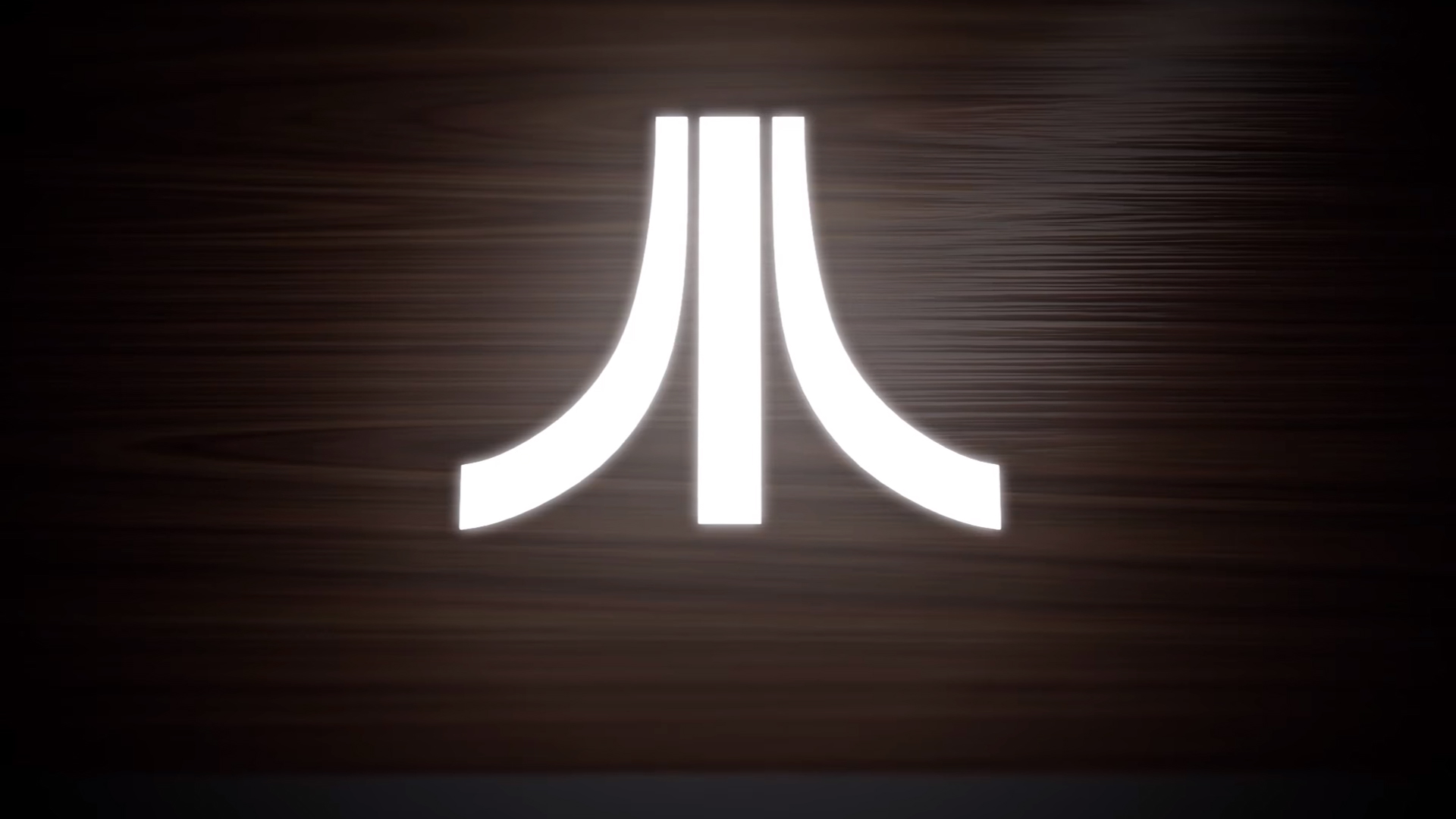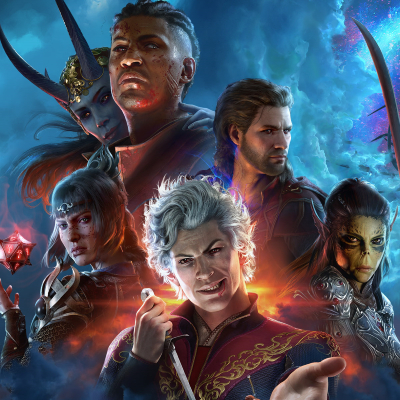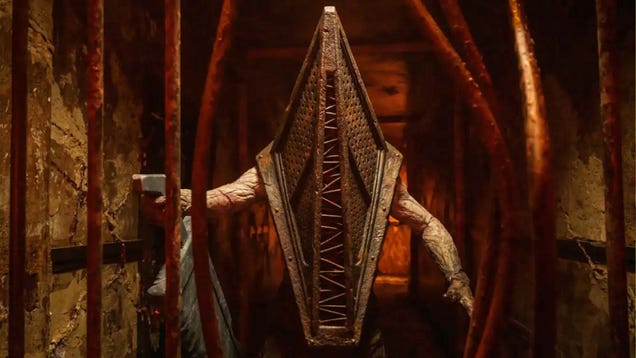
I don't care, put everything I have in $PONG.
On January 23, Atari put out a press release disavowing “RealPongCoin” or “$PONG,” a new crypto meme coin whose account on X, “The Everything App,” was launched that same day. Though the company was once poised to go all-in on crypto and NFTs itself, Atari has since shuttered that side of the business and refocused on retro game publishing and videogame history.
“RealPongCoin or $PONG is using Atari’s registered PONG trademark without Atari’s consent or approval and the company has no affiliation with the crypto project,” the press release reads. “Atari is warning the public that RealPongCoin risks deceiving consumers by suggesting an affiliation with Atari, and that Atari’s legal team is actively reviewing measures to stop the misuse of its intellectual property.”
A quick check-up on RealPongCoin does not inspire much confidence. On Google, news of Atari’s statement on the matter swamps anything put out by $PONG itself, with the meme coin’s primary footprint being a desolate X account and a largely empty website that declares, “It’s not over… Yes it’s real…,” with links to a Telegram channel, blockchain contract, and portal to purchase $PONG.
Adopting a legal strategy from the “you have to tell me if you’re a cop” school of jurisprudence, the $PONG X account declares “not affiliated with Atari” in two separate places. A disclaimer on the website asserts it “is not designed to be, or to be perceived as, an investment opportunity, investment contract, or security of any kind.” That latter disclaimer seems to have become a bit of a boilerplate fig leaf of deniability adopted by new crypto projects to defend against prosecution over their essential nature as poorly-regulated securities—the new TrumpCoin boasts a similar disclaimer.
All of which begs the question: Why even waste your breath over a clown show like this when you can just let your legal team take it out behind the shed with minimal fanfare? “My ‘not involved with this shitcoin’ press release has people asking a lot of questions answered by my press release.“
The problem is that if you hadn’t been following the company closely, you’d be forgiven for thinking it had fallen back in with a bad crowd. For a while in the late ’10s and early ’20s, Atari was a bit of an innovator in the art of the ill-considered crypto pivot, with a metaverse land deal, ATRI tokens, and some kind of hypebeast hotel leading us all to wonder what had happened to the publisher.
But then things took another turn: Current CEO Wade Rosen has overseen the quiet shuttering of its more crypto and meme-adjacent ventures while making a sensible shift toward retro publishing and games preservation. Atari acquired videogame industry database MobyGames, as well as the retro remake-focused developers Digital Eclipse and Nightdive, and all three look to be in good shape. MobyGames continues to operate as usual, just with an updated infrastructure and UI, Digital Eclipse recently released the Power Rangers brawler Rita’s Rewind, and Nightdive is fresh off the launch of its remaster of The Thing.
So the ship’s been turned around, but that’s precisely why Atari has more reason than most to vociferously denounce a fly-by-night crypto scam flying the flag of its IP. Even still, I don’t know how the company will overcome the ironclad legal defense of “no copyright infringement intended.”
2025 games: This year’s upcoming releases
Best PC games: Our all-time favorites
Free PC games: Freebie fest
Best FPS games: Finest gunplay
Best RPGs: Grand adventures
Best co-op games: Better together






